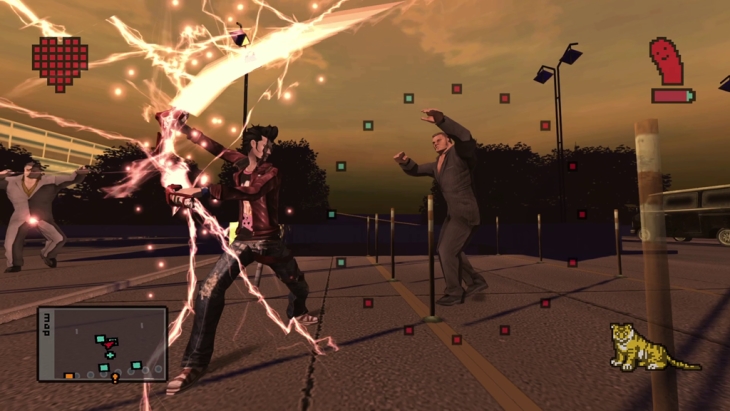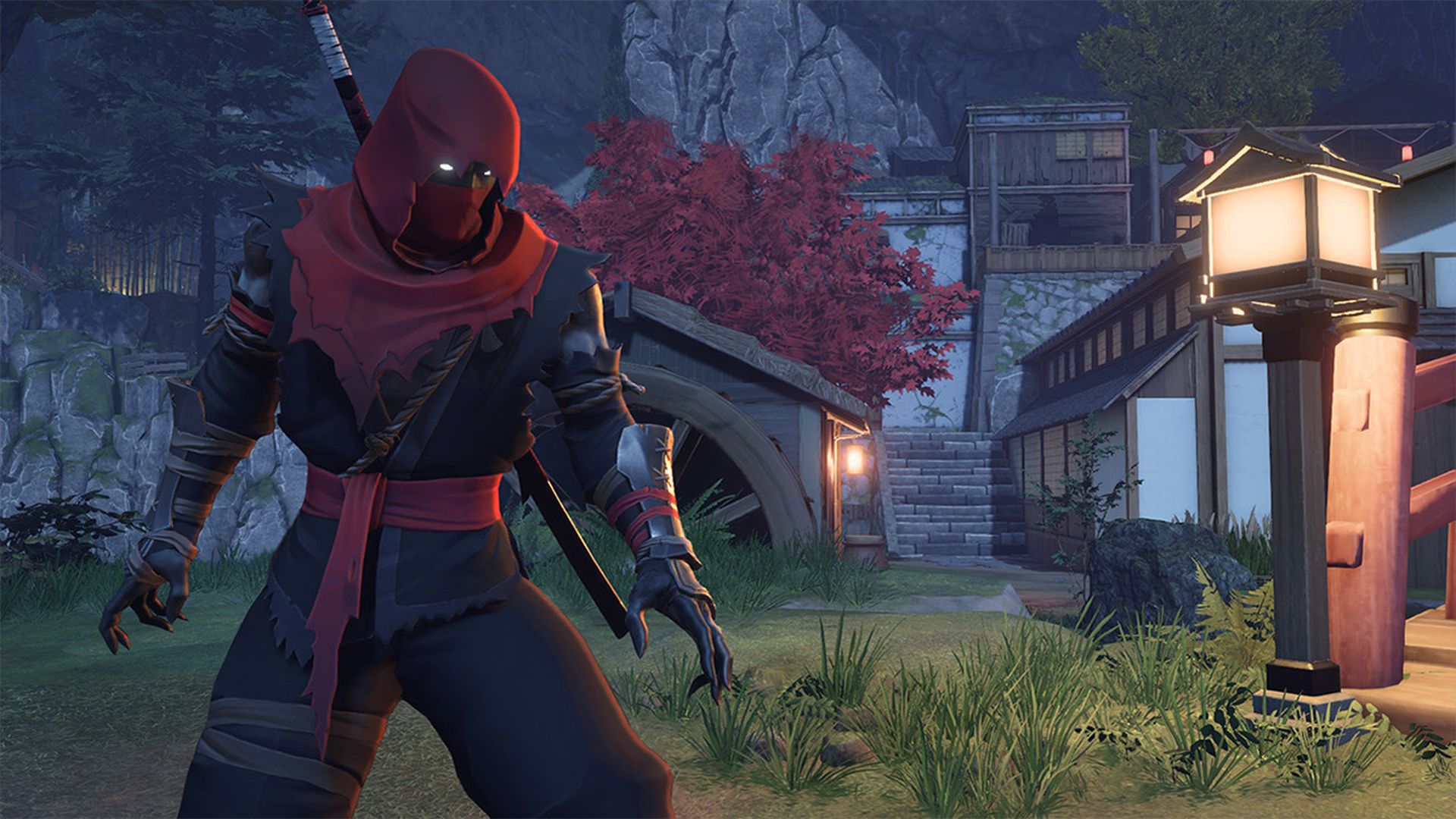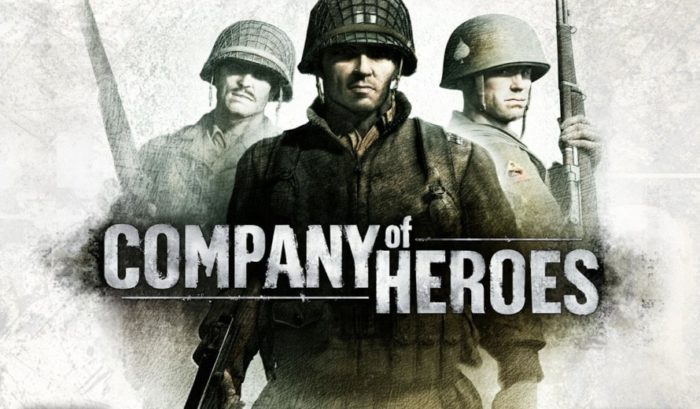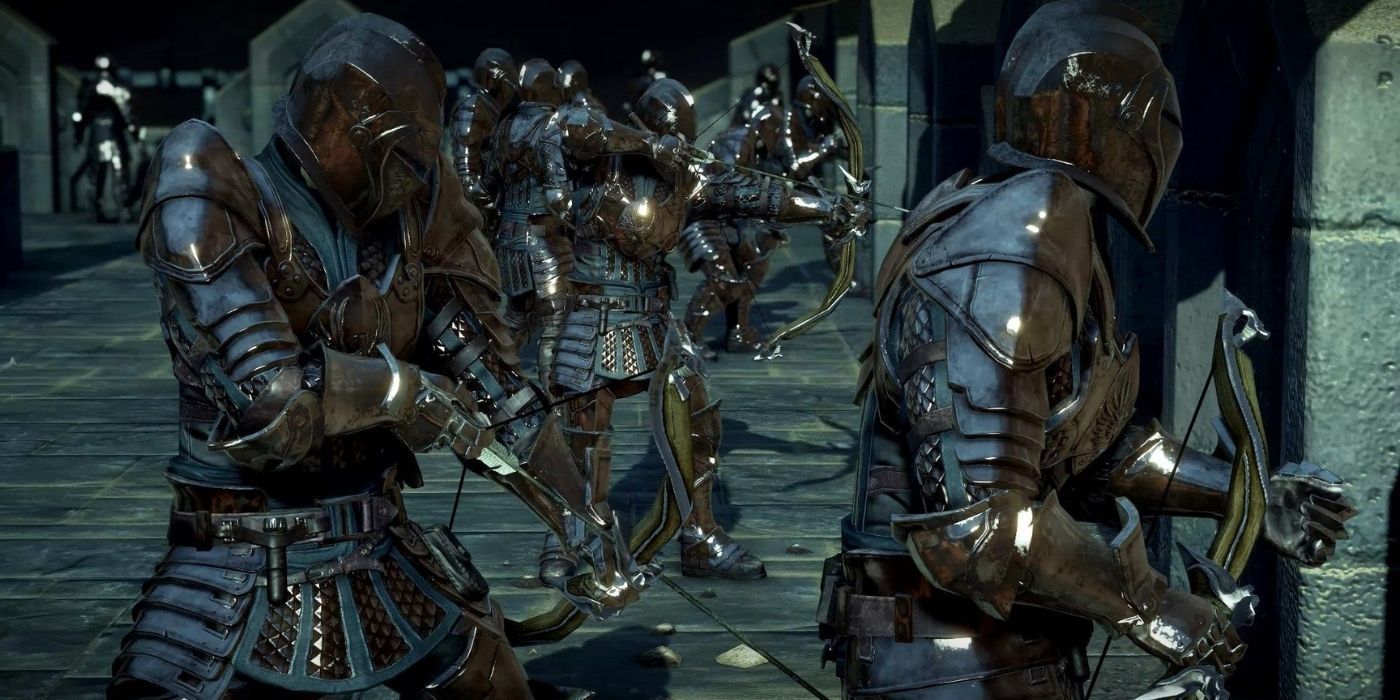
It’s easy to get bogged down by the mistakes of your past. As human beings, we obsess over missteps we’ve made before, ruminating on arguments, poor decisions, and the people we once were. I picked on a few kids to take out my frustration for being bullied, I held some ignorant beliefs, and I’ve been mentally and physically drained by my mistakes – I’m not proud of my past.
Dealing with your past is like scaling a mountain while constantly succumbing to avalanches, but Dragon Age’s Grey Wardens offer us a hopeful lesson: our pasts don’t define us. It’s who you are and what your motivations are in the now that matter. Atonement is always important – it’s not a lesson that being a prick and forgetting about it a year later without growing is okay. Instead, it’s a reminder that we can be better – we can improve and become somebody worth being proud of.
Related: Dragon Age: Origins – It’s Criminal That You Can't Be Gay With Alistair
You might call Grey Wardens Dragon Age’s answer to witchers – a band of monster-slaying mutants who forgo their past lives to fully embrace their order. Granted, they have better reputations than witchers. Wardens are regarded as heroes. They’re renowned for stopping Blights, slaying archdemons, and saving the world from incursions led by dragons – although originally Dragon Age had no dragons at all. Their ranks are made up of royalty, ordinary townsfolk, templars, and even criminals. There’s no discrimination. If you can complete the trials and show your loyalty, your past no longer matters.
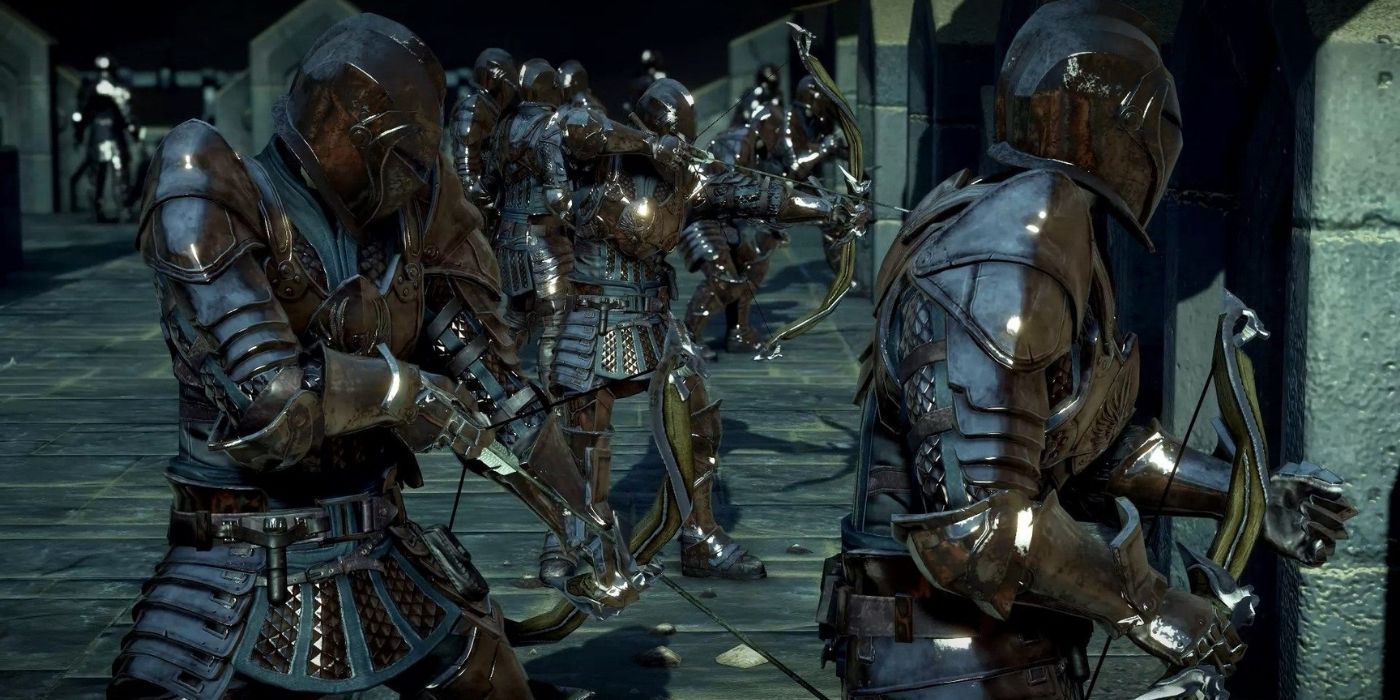
In Dragon Age: Origins, you are brought into the fold by Warden-Commander Duncan. The teaching begins immediately. He’s an amicable, middle-aged warrior with a roguish beard and slicked back hair – almost stylish in a sort of unkempt way. He’s honourable, willing to risk his own life to preserve yours, and this has earned him a reputation for being a good man. Far and wide, people know and respect Duncan and his order, and what he stands for. However, if you dig into his past, you’ll find a sordid story.
He was born in Highever to a carpenter and lived an ordinary life until he was orphaned. Young and alone, he turned to crime. He became a thief on the lavish streets of Val Royeaux. Wading through wealth while being abandoned and orphaned is no doubt exactly why Duncan is so sympathetic to those who have lost everything. He had to stand face-to-face with those who had it all while he had been stripped down to the clothes on his back. The pompous arrogance of such an extravagant locale would undoubtedly take its toll on someone but, importantly, it was ripe with riches to nick – perfect for a street kid.
At some point in his newfound criminal life, Duncan was roped into the Grey Wardens and became a reputable figure, even a surrogate father to the royal bastard Alistair. The fact that he is our introduction to the world of Origins speaks volumes about the Grey Wardens and what they stand for. We’re immediately introduced to a character whose entire personality and reputation is shaped by who they are now, not who they were before.
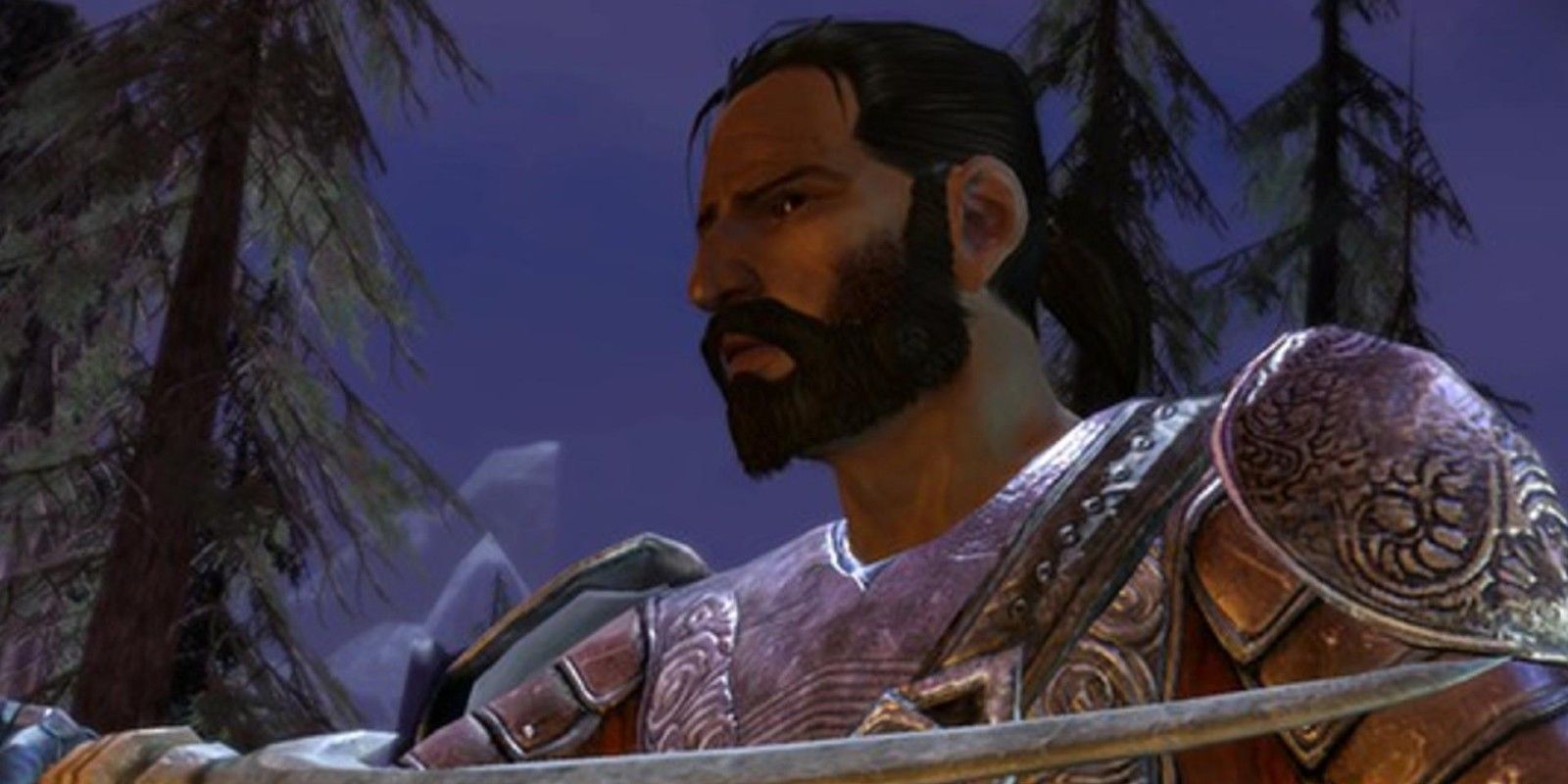
It doesn’t matter that he was a thief and it doesn’t matter what he did, who he hurt, or how grave the mistakes he made were. His atonement came in the form of joining the Grey Wardens and serving their ranks. He died for his cause. Meeting him in the various prologues of Origins sets the scene for what the Grey Wardens can teach us about ourselves. It’s a potent message – arguably one of Origins’ best.
Second chances are vital to give us an opportunity to reform. I’ve since made friends with people I was a bit of a twat to at school; I’ve shed all the right-wing views I held now that I see I was being duped by bigots masquerading as the new anti-establishment; I’ve apologized to countless people. My past isn’t who I am. I wouldn’t recognize myself from even a couple of years ago.
While Duncan is a powerful example of this lesson from Dragon Age’s Grey Wardens, it's tucked away in subtext. You have to engage with the game beneath the surface in order to understand all it has to offer. This theme crops up every now and then through interactions with the Wardens, and even in the DLC we meet somebody behind Darkspawn attacks called Velanna. Duncan ropes her into the Wardens to help out, allowing her an opportunity to redeem herself. However, what truly shines a light on this idea of moving on from our pasts is the game’s villain.
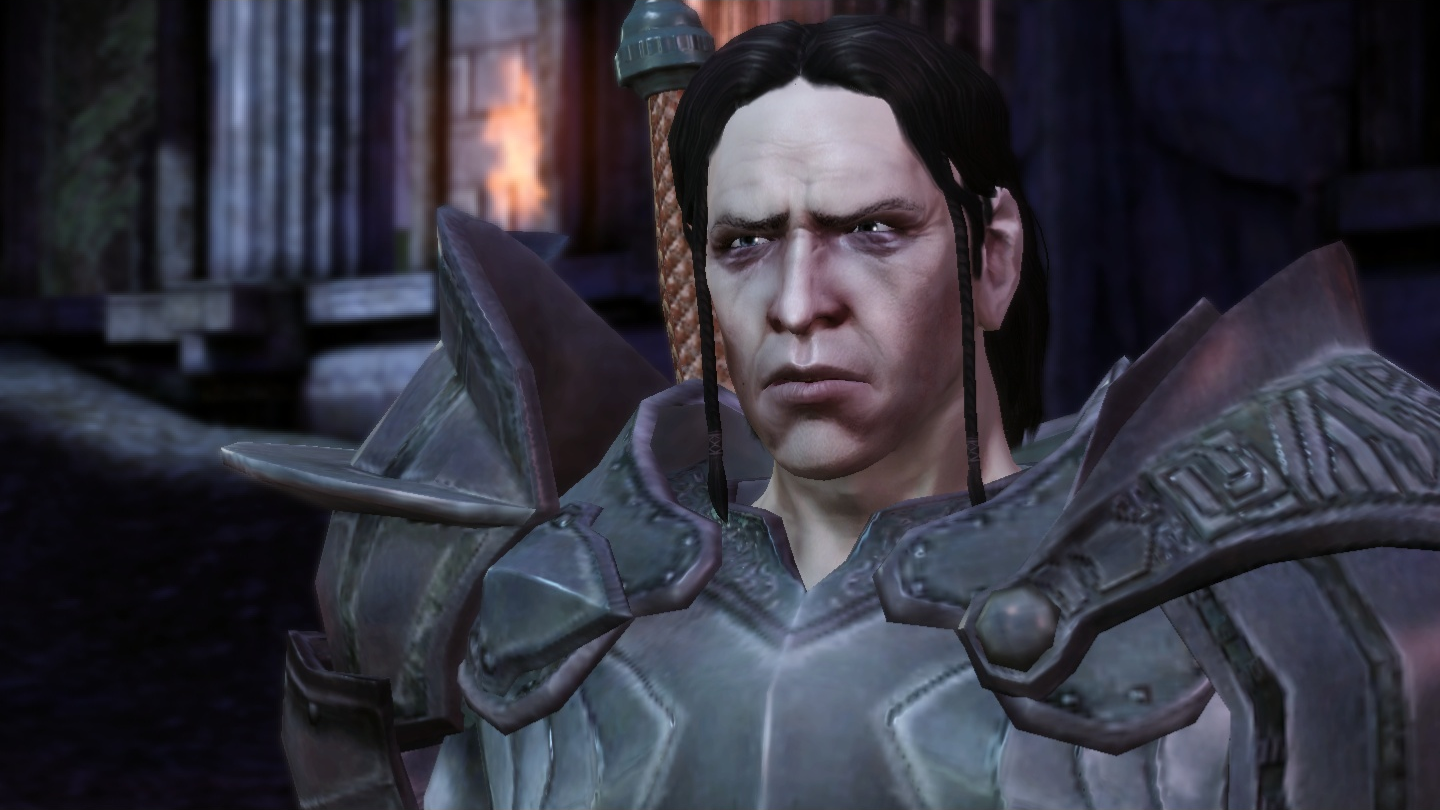
Loghain is a back-stabbing, Machiavellian sleazebag. He betrays his king, kidnaps his own daughter, and hurts everybody who he calls family. Had it gone his way, he’d be in power by the end of Origins, the Wardens would be a thing of the past, and you – the hero of the story – would be dead. Frankly, he isn’t the nicest guy. Yet, at the Landsmeet in Denerim, you are given a choice to make him a Grey Warden, to have him serve a noble cause to redeem himself. It's a bittersweet irony given his previous attempt to eradicate your order.
What it showcases is that anybody – even someone as seemingly irredeemable as Loghain – can come back from their mistakes and improve who they are. We even see him as a companion helping us out briefly after the Landsmeet – if we let him survive, obviously.
The Grey Wardens' open arms to anybody and everybody regardless of who they are exemplify a refreshing message of self-reflection and redemption. We can be better – we can be more than our mistakes.
Next: Dragon Age 4 Doesn't Need A New Protagonist
